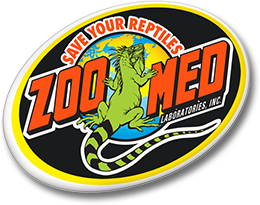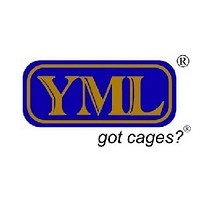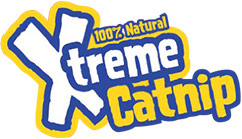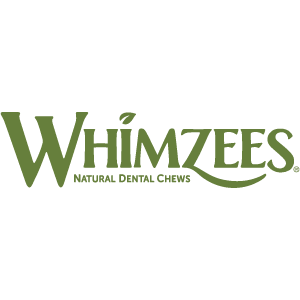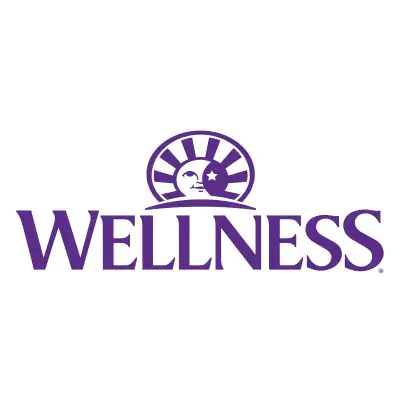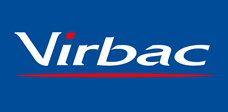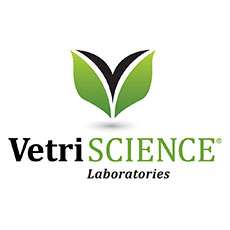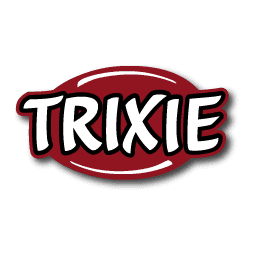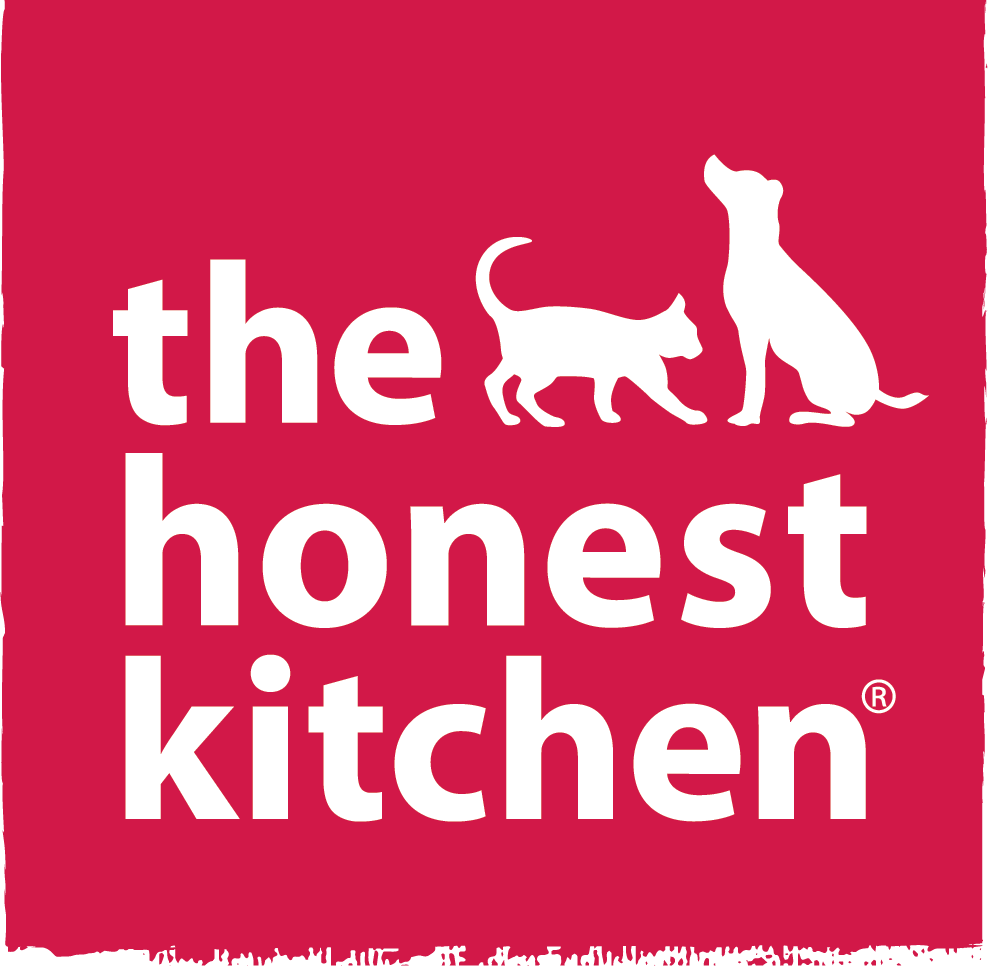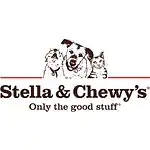17 Dangerous Foods You Should Never Feed Your Dog
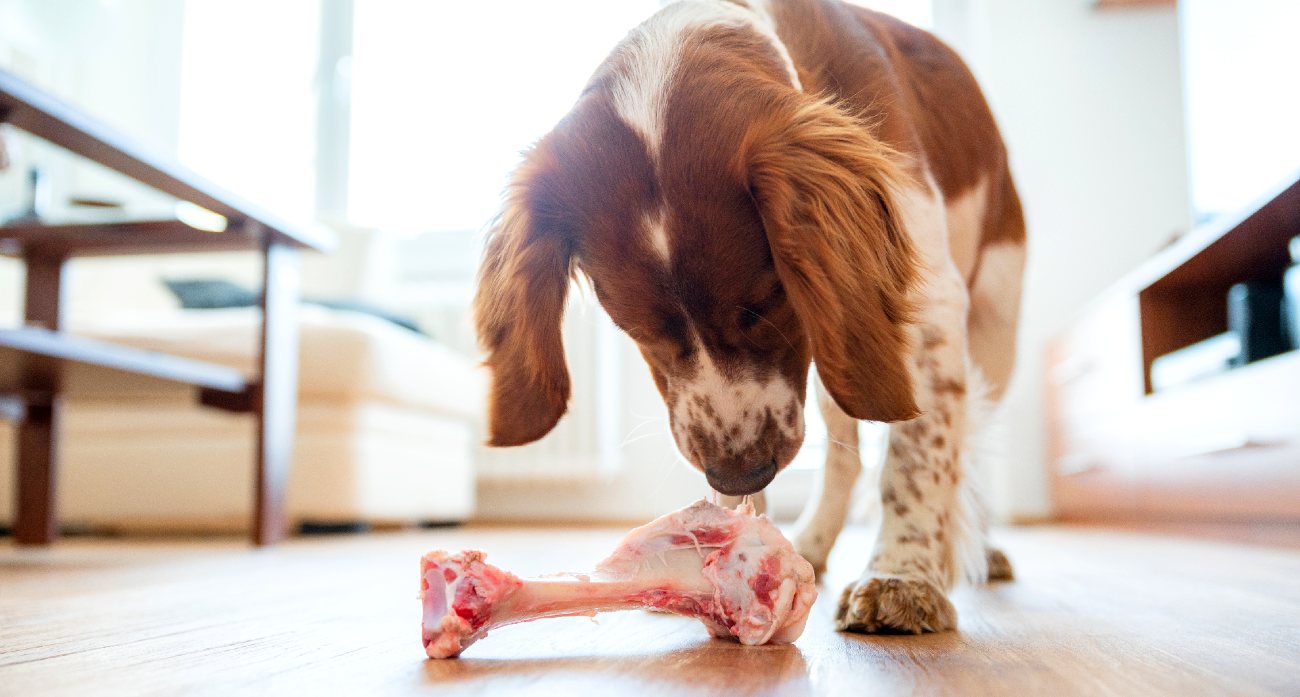
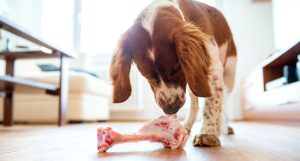
Those who have dogs will be accustomed with having a shadow when working at the kitchen counter making a meal for the day. They sit there with puppy dog eyes, simply waiting for anything to fall their way. Most of us can’t help but feed them a smidgeon of whatever we’re preparing at the moment.
Although our dogs appear to desire what we have above all else, this does not imply that they should be given it. Our digestive systems are not the same as theirs. We humans love a variety of foods that they cannot digest or that are poisonous to them.
When you have a dog and know that you will be sharing part of your meals with them, it is critical to understand what they should and should not consume.
In this post, we will discuss the most popular human foods that your dog should not consume and why they are harmful to them.
Dangerous Foods to Avoid Feeding Your Dog
Dogs are creatures that require nothing more than meat in their diet. They can, however, obtain some essential nutrients from fruits and vegetables. You must be cautious about what you feed them and take additional precautions to guarantee that the food is safe.
1. Alcohol
A beer or a glass of wine may go a long way at the conclusion of a hard day. Alcoholic beverages and food containing even tiny amounts of alcohol, on the other hand, may be extremely harmful to your dog. It might induce nausea and diarrhea.
It will cause depression in the central nervous system, as well as trouble breathing, tremors, coma, and possibly death in humans. Their bodies are just not designed to metabolize alcohol. If your pet has consumed alcohol, call the Animal Poison Control Center or your veterinarian right away.
2. Avocado
Avocados may be a superfood for people, but they aren’t always popular with dogs. They don’t have as much trouble with it as horses and birds do, but it’s still difficult for them to digest. It can cause cardiovascular problems in excessive concentrations.
3. Bones
We can’t offer dogs bones? But what about the bones sold at pet retailers across the country? Have we been feeding our dogs harmful food all along?
No, it is not required. Bones that have been prepared from animals are not the same as bones processed by pet food firms. You may still offer your dog bones from animals, but you should never give them bird bones since they splinter. Cooked bones should not be given to children since they can splinter and become lodged in their throat.
4. Caffeine
We may be able to survive on coffee, but our pets should not. Caffeine includes a substance known as methylxanthines. It can induce vomiting and diarrhea, increased thirst, urination, panting, hyperactivity, tremors, seizures, and even death in your dog if consumed. That simply means you can have your coffee all to yourself.
5. Candy
Sugar is unnecessary and hazardous in your dog’s diet. You may be able to give them a tiny piece of anything sweet on occasion, but even a small amount might induce bad effects. Candy’s sugars and preservatives can promote hyperactivity and an increase in heart rate. Overeating can lead to diabetes and an excessive level of weight gain.
6. Chocolate
Chocolate is classified as both confectionery and coffee because the cacao seed used to manufacture chocolate contains methylxanthines. Chocolate is extremely harmful to dogs, and they should never be allowed to enjoy this delectable delicacy. Dark chocolate, along with baking chocolate, is the most harmful since it has the largest amount of cacao. Even white chocolate, which contains the fewest methylxanthines, should not be given to your dog.
7. Citrus Fruit
You may have seen videos of someone attempting to give their dog a lemon. While it is amusing and enjoyable, it is not the greatest option for your dog’s long-term health. Citric acid is found in citrus fruits. These essential oils irritate your dog’s mouth and throat, causing discomfort and even edema.
If they consume too much of any component of the citrus plant, it might lead to depression in their central nervous system. However, they must consume a big amount of citrus fruit for this to occur. In tiny dosages, it is unlikely to cause them any difficulties other than an upset stomach.
8. Coconut
Unlike chocolate or coffee, you don’t have to be overly cautious with coconut. Small amounts of coconut and its components, such as coconut oil, should not hurt your pet. Fresh coconut milk can occasionally induce loose stools and diarrhea. When giving your dog anything containing coconut, proceed with caution.
9. Grapes (That Includes Raisins)
Grapes and raisins are extremely poisonous to dogs. Scientists are still trying to figure out what component in grapes triggers the response. However, even modest amounts of grapes or raisins might induce renal failure in your dog.
10. Macadamia Nuts
Do you ever want for a taste of Hawaii’s lush beaches? A macadamia nut may be a pleasant, textural delight for humans, but it is deadly for dogs. They produce limb weakness, vomiting, sadness, tremors, and sometimes heat. These symptoms normally appear within 12 hours of ingesting the nut and linger for no longer than 48 hours.
11. Dairy Products
Lactose cannot be broken down in large quantities by animals such as dogs and cats. They lack the enzyme lactase, which helps them to digest protein effectively. This frequently results in diarrhea and vomiting. Cheese, dairy-based sauces, and milk should be avoided by your dog.
12. Nuts
You should never feed your dog any type of nut. Peanuts are not included since they are a legume rather than a nut.
Nuts such as almonds, pecans, and walnuts can all contribute to pancreatitis if consumed in excess. They are heavy in fats and oils, both of which can cause vomiting and diarrhea.
13. Onions and Garlic
Any plant in the Allium genus can induce gastrointestinal discomfort. It can cause red blood cell destruction and, eventually, anemia over time. Cats are especially vulnerable to the ill effects of vegetables such as onions, chives, and garlic. Dogs can become pretty unwell if they overeat.
14. Undercooked Meat and Eggs
You would believe that because your dog’s predecessors, the great wolves, could assault and consume practically any animal uncooked, raw meat shouldn’t be an issue. However, dogs have developed over time, and many of the mechanisms that allow them to ingest raw foods have vanished.
Salmonella and E. coli germs can be found in raw meat and eggs. These may wreak havoc on your dog’s digestive system in no time. Raw eggs also contain an enzyme known as avidin. This enzyme reduces your pet’s biotin absorption. This eventually leads to skin and coat problems.
15. Sodium-Rich Foods
Many of our snacks these days are high in salt. A much of salt, on the other hand, is not good for your dog’s health. It causes increased thirst and urine, much like it does in people.
Too much sodium ion in your dog’s system will eventually harm your pet. Diarrhea, vomiting, sadness, a raised body temperature, tremors, and even death are among symptoms. Feeding dogs pretzels, potato chips, or salty popcorn is not a good idea.
16. Xylitol
Xylitol is a sweetener that can be artificial or natural. We utilize it to improve the taste of a variety of items. Baked products, candy, gum, and even toothpaste fall into this category. Unfortunately for our cats, it generates an abnormal release of insulin, which can lead to liver failure if consumed in excess. If ingested consistently over time, it might cause hypoglycemia.
If your dog reacts violently to it straight immediately, it will appear as vomiting, lack of coordination, and lethargy. Seizures may occur as a result of the symptoms. If you observe any of these, take them to the vet right away.
17. Yeast
Yeast dough in your dog’s system might produce gas and pressure problems. It can induce bloating, which can turn into a life-threatening emergency if the intestines twist. Your dog should never consume raw bread dough or yeast-raised bread.
Petstup is an official seller of the many well-known pets brands, focused on improving the lives of pets, pet parents and our partners. We proudly offer a large variety of pet nutrition products and supplies competitively priced for dogs, cats, reptiles, fish, birds and small animals. Petstup is your one stop shop for all your pet’s needs. All our products are authentic, and pass all mandatory United States standards and veterinary practices. We run several warehouses across the United States to serve you better and faster.


